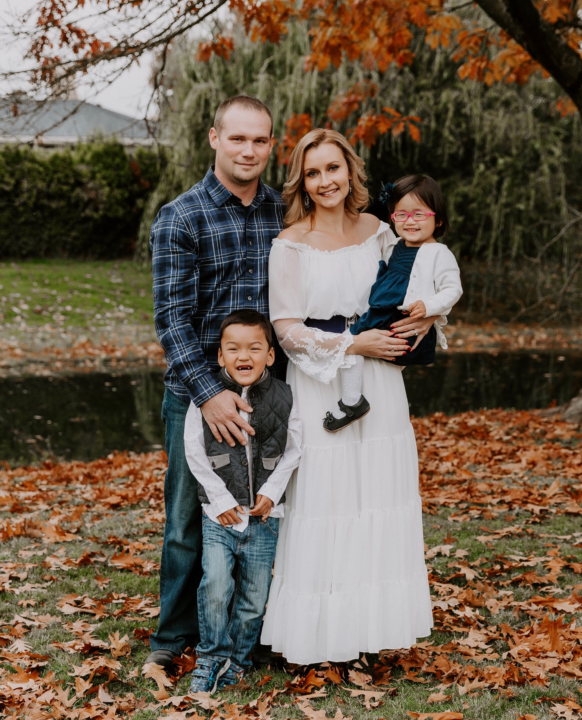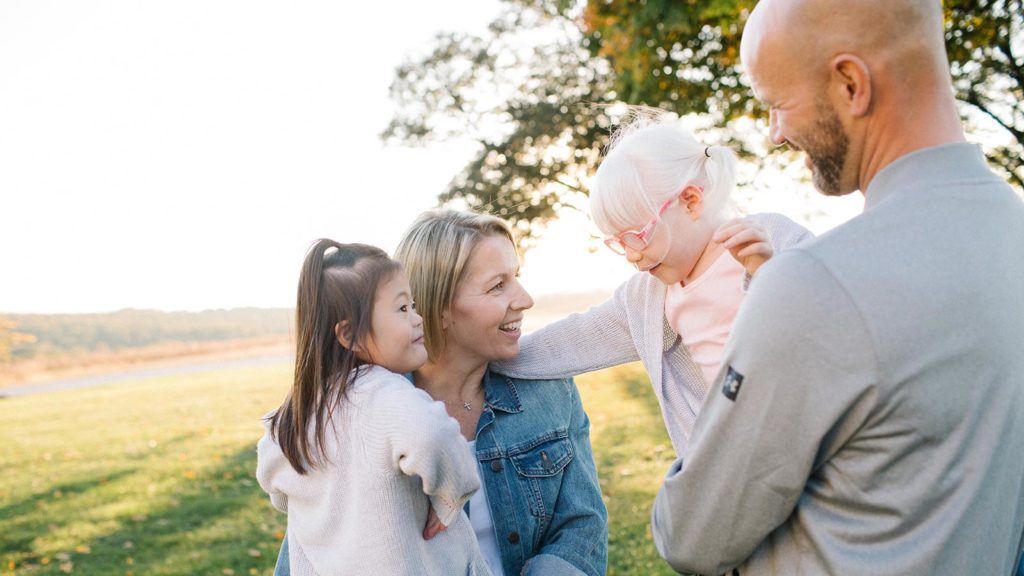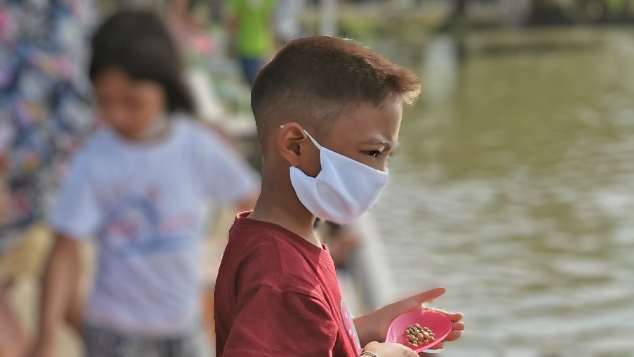
If you are considering adopting a child with special needs, or spent time on Holt’s photolisting, you have likely seen the term “cerebral palsy.” It’s a common special need among children waiting for adoptive families.
For many prospective adoptive families, “cerebral palsy” sounds intimidating, even potentially unmanageable. But the truth is that “cerebral palsy” refers to a broad range of symptoms and traits and its effects are different for every child.
Read the five things you should know about adopting a child with cerebral palsy:
- Cerebral palsy (CP) is not a disease. It is a condition that affects the movement of the muscles and is usually caused by neurological damage to the brain that happens to the baby during pregnancy or delivery.
- Cerebral palsy affects every child differently. The effects of cerebral palsy range from mild, when a child may only require regular physical and occupational therapy, to major, where a child may need additional, lifelong support to be mobile, like a wheelchair.
- Cerebral palsy is not an intellectual disability. Generally, children with cerebral palsy have IQs in the typical range but may be at increased risk for learning disabilities. Adoptive parents should work closely with their child’s doctor to provide early intervention for development if needed.
- Children with cerebral palsy have a normal life expectancy. Most children with CP will grow up to be independent, with the support of therapies and medications to improve speech, movement and mobility.
- Parents do not need to be medical experts to care for a child with cerebral palsy. The best parents for children with cerebral palsy have access to medical care, inclusive schools and can recognize the unlimited potential of all children!
To learn more about cerebral palsy, read our Q&A With Dr. Julia Bledsoe, founder of the University of Washington Center for Adoption Medicine, who has over 20 years of experience in the field of international adoption and working with children who have CP.

Children with special needs are waiting for families!
Meet some of the children waiting for loving adoptive families. Could you be the right family for one of these children?

